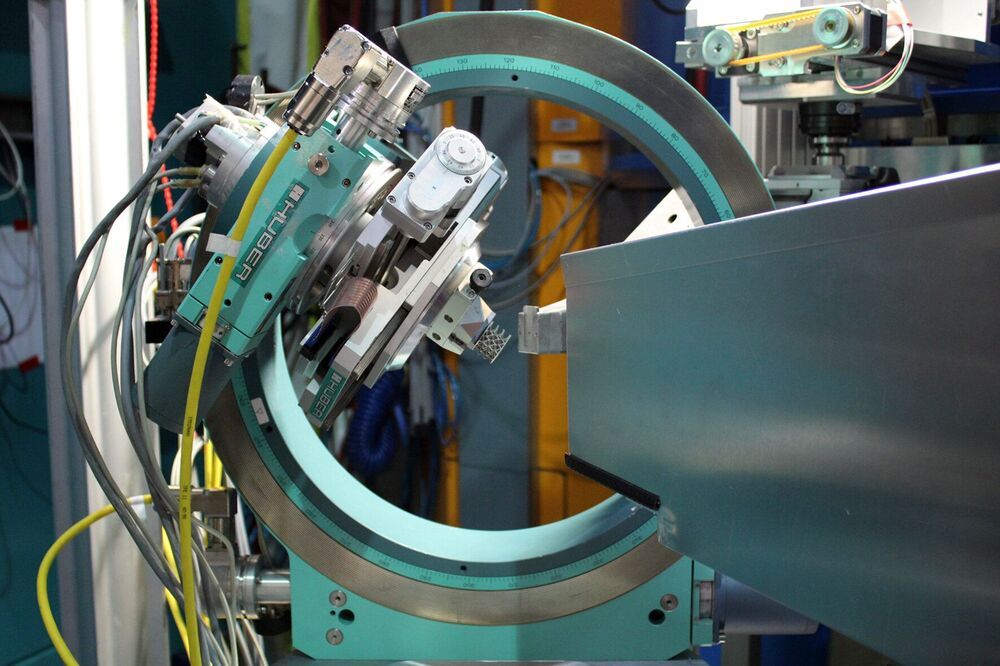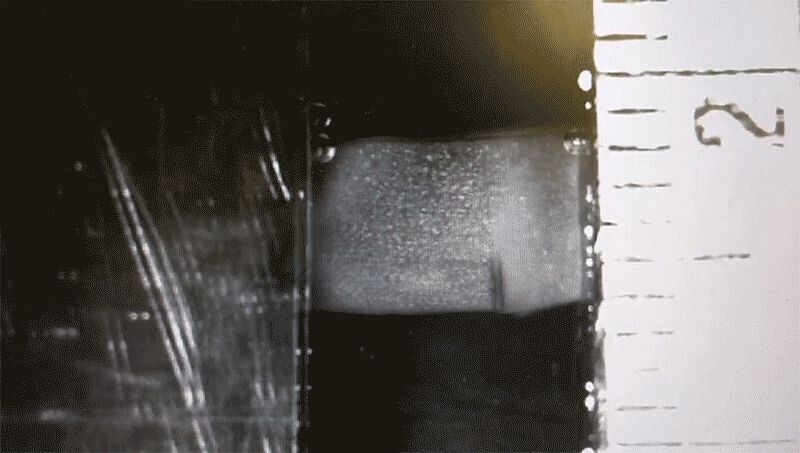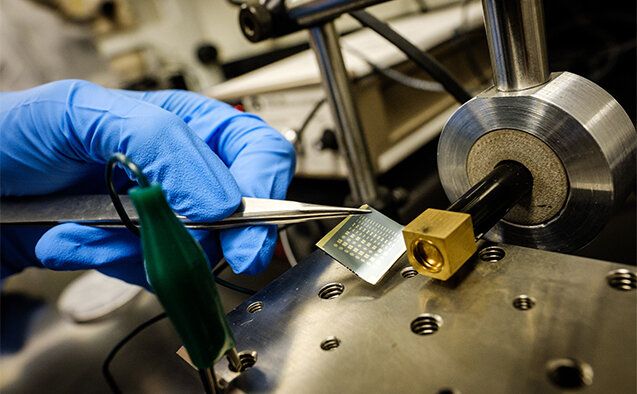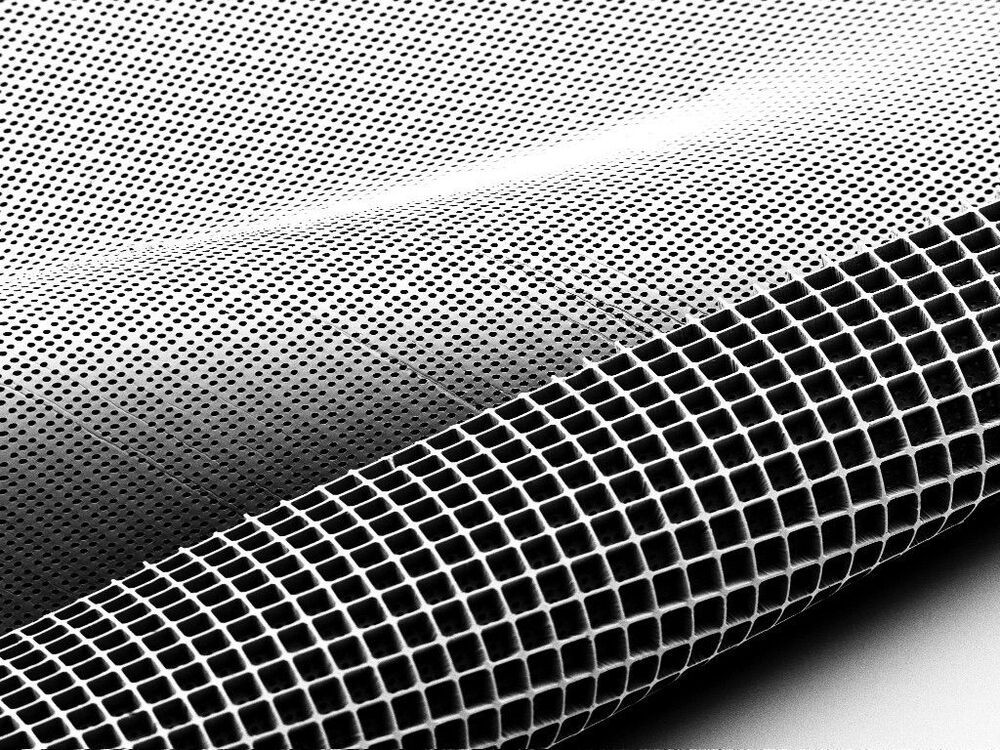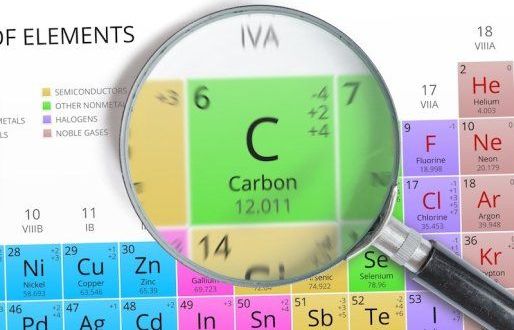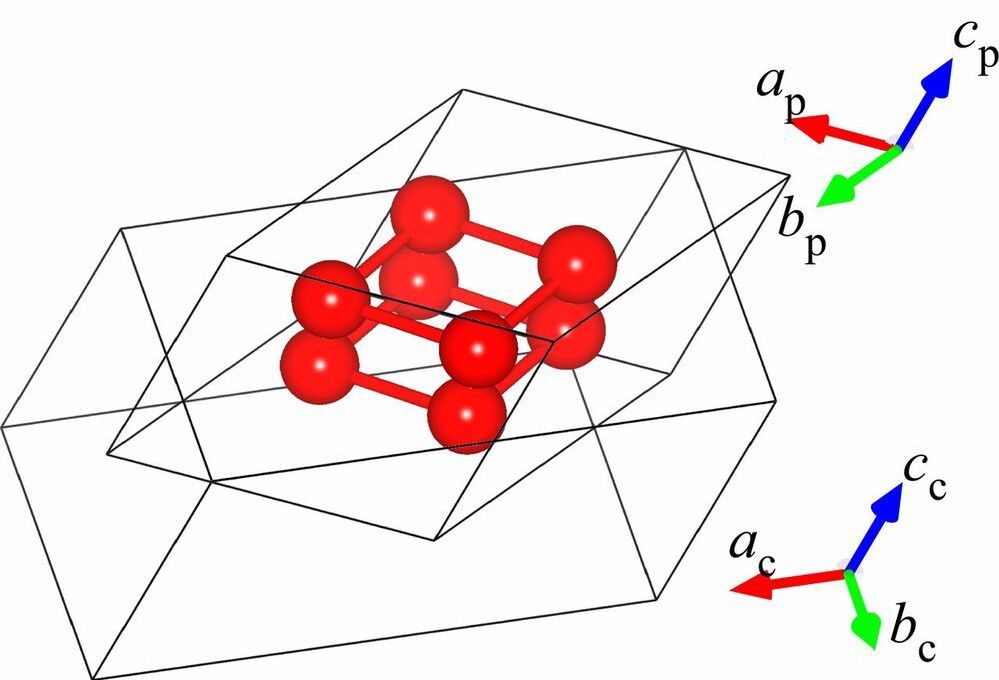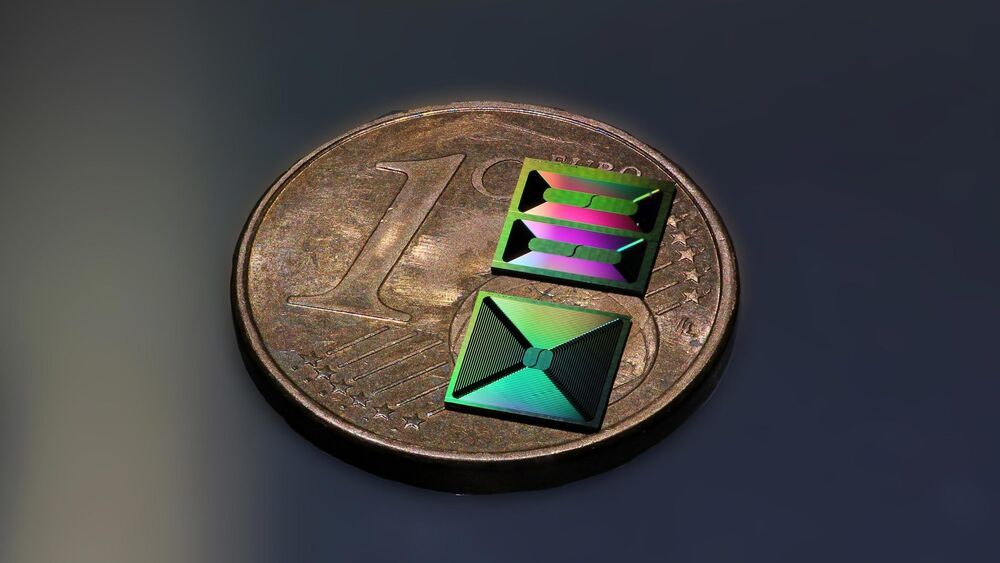Interfaith solutions for major global challenges — bawa jain — founder, the centre for responsible leadership.
Bawa Jain is a visionary leader in the interfaith movement throughout the world.
Mr. Jain is Founder and President of The Centre for Responsible Leadership (https://www.thecrl.org/), a non-profit organization dedicated to assembling global thought leaders to find concrete solutions to the major challenges plaguing our world today.
Mr. Jain is also the Chairman of the World Youth Peace Summit, which brings together dynamic young leaders who share the dream of peace, organizing Youth Peace Conferences and facilitating a worldwide network that links active young people, and the Secretary General of the World Council of Religious Leaders, an independent body, working to bring religious resources to support the work of the United Nations in a common quest for peace.
Mr. Jain Co-Founded the Religious Initiative of The World Economic Forum, Founded The Gandhi King Awards for Non-Violence, and launched World Council of Religious Leader’s Religion One on One Initiative and is a strong proponent of Religious Diplomacy.
